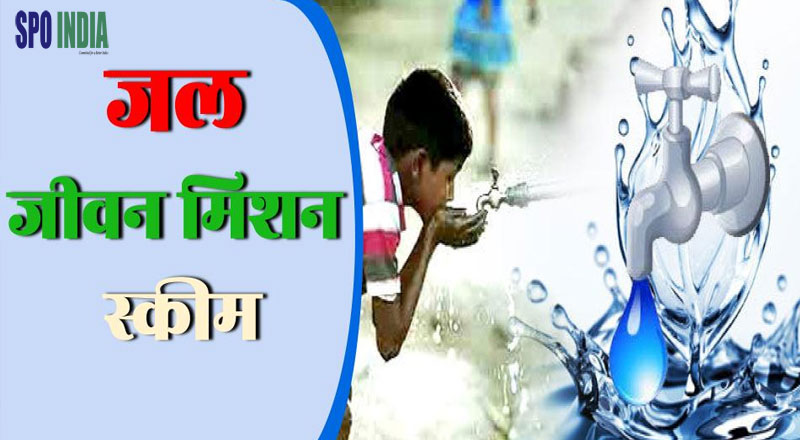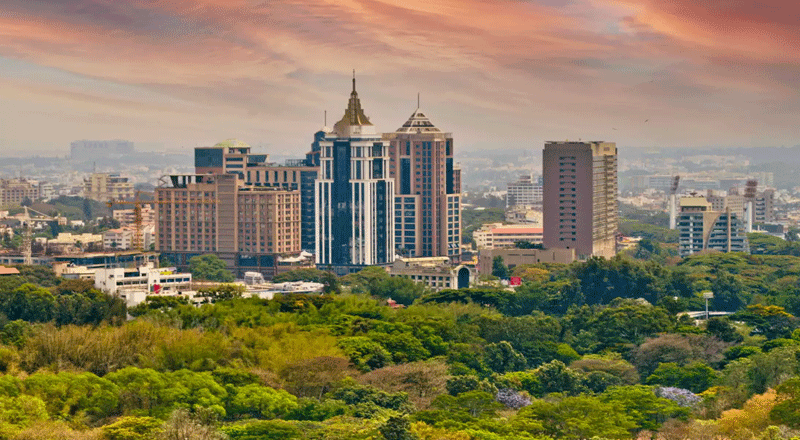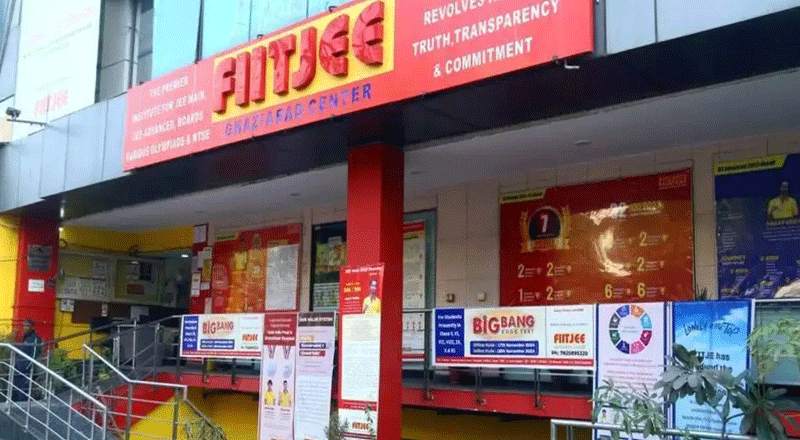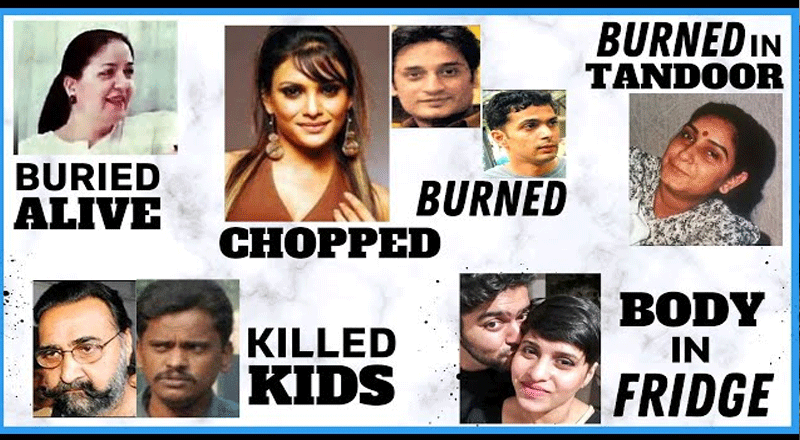Union Government led by Prime Minister, Shri Narendra Modi is according top priority to make provision of tap water connection in every rural household across the country, for which since August, 2019, Jal Jeevan Mission is under implementation in partnership with States. With undivided focus to expedite the implementation of Jal Jeevan Mission in the State of Manipur, the Government of India released Rs. 120 Crore of Central grant to the State. Central fund of Rs. 481 Crore has been allocated to the State for 2021-22 for the implementation of Jal Jeevan Mission, which is nearly four times the fund allocation made during 2020-21.
Manipur plans to make provision of tap water supply to every rural household of the State by September,2022. As on date, out of 4.51 lakh rural households in the State, 2.67 lakh (59.2%) households have tap water connections. Since the announcement of Jal Jeevan Mission in 2019, about 2.41 lakh households have been provided with tap water supply. In 2021-22, the State plans to provide tap water connections to 2.26 lakh rural households.
Further in 2021-22, Rs. 78 Crore is allocated to Manipur as 15th Finance Commission grant for water & sanitation to Rural Local Bodies/ PRIs and there is an assured funding of Rs. 414 Crore for the next five years i.e. up to 2025-26 to the rural local bodies. Union Government is ensuring that there is no paucity of funds for provision of water supply to rural homes. This huge investment in rural areas of Manipur will accelerate economic activities and boost the rural economy. It will create income generation opportunities in villages.
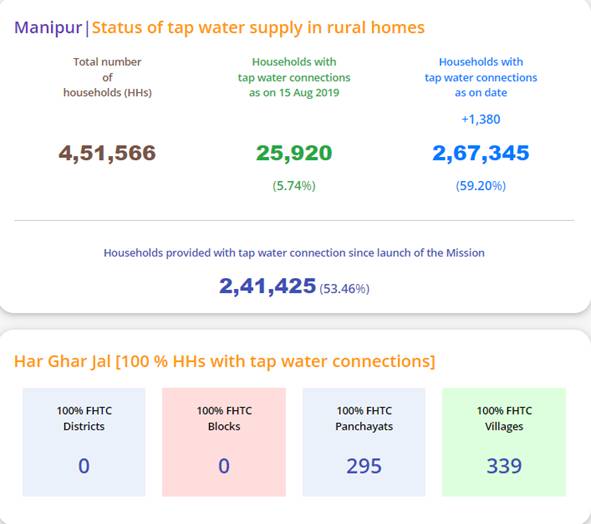
Jal Jeevan Mission is implemented in a decentralized manner following the ‘bottom-up’ approach, wherein the local village community plays a key role starting from planning, implementation to operation & maintenance. For this, the State undertakes activities like strengthening the Village Water & Sanitation Committee (VWSC)/ Pani Samiti and developing 5-years Village Action Plan as well as approving the same in the Gram Sabha, wherein the community deliberates on water supply schemes to be implemented for them. The programme encourages participation by women as they are primarily responsible for fetching water in any household. Voluntary organisations, Self Help Groups, local NGOs, etc. are engaged as implementation support agencies (ISAs) by the State to create awareness in public about the mission, sensitize them about importance of safe water, engage with the community and extend support to the VWSCs or Pani Samitis for implementation of the programme.
With focus on public health, more than 2,000 water quality testing laboratories in the country have been opened to general public so that they can get their water samples tested whenever they so desire at a nominal cost. Manipur has 13 water testing laboratories.
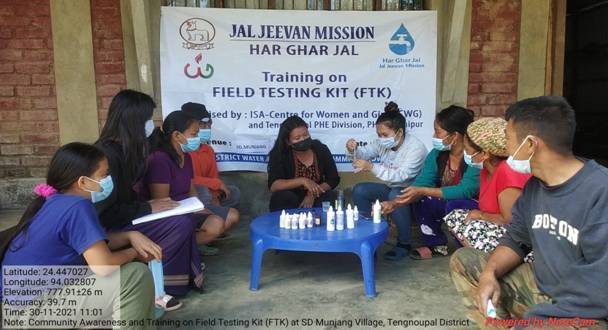
Community awareness and training on water quality testing using Field Test Kits (FTKs)
Efforts are made to ensure tap water availability for drinking, cooking mid-day meal, washing hands and usage in toilets in all schools and anganwadi centres. As on date 3,265 schools (94.5%) and 7,591 (95.2%) AWCs in Manipur have been provided with tap water supply. The State to make provision of piped water supply in these institutions at the earliest.
At the start of the mission in August, 2019, out of total of 18.93 Crore rural households in the country, only 3.23 Crore (17%) households had tap water supply. Despite challenges faced due to CoVid-19 pandemic and lockdowns, over 5.39 Crore (28%) households have been provided with tap water supply since the launch of the mission. Presently, 8.63 Crore (45%) rural households receive potable water through household taps. Every rural household is getting tap water supply in their homes in Goa, Telangana, Haryana, Andaman & Nicobar Islands, Dadra & Nagar Haveli and Daman & Diu, Puducherry.
Following the Prime Minister’s vision of ‘Sabka Saath, Sabka Vikas, Sabka Vishwas, Sabka Prayas’, the motto of the mission is that ‘no one is left out’ and every rural household is provided with tap water connection. At present, every household in 83 Districts and more than 1.27 lakh villages in the country are receiving tap water supply.


